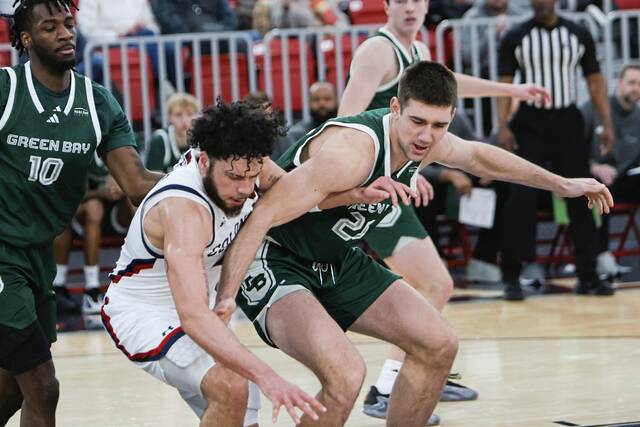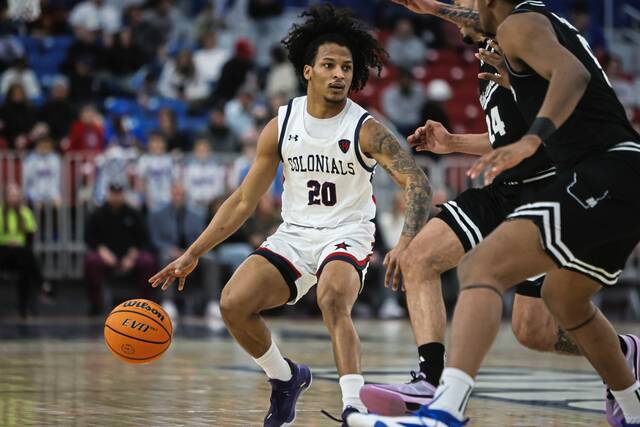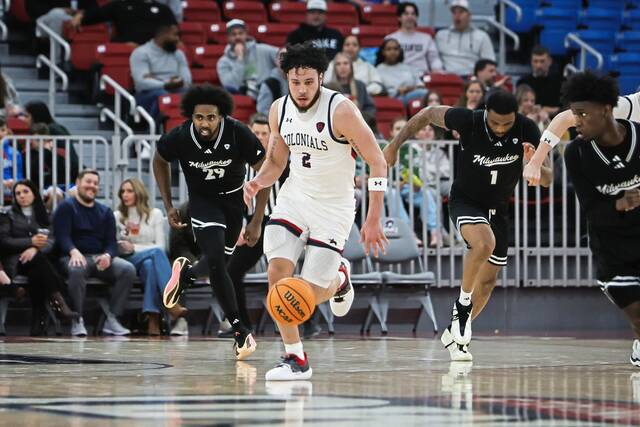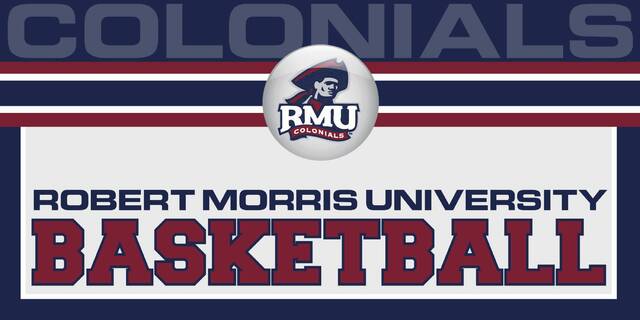As the drama continues to swirl around the Southeastern Conference’s attempt to absorb Texas and Oklahoma from the Big 12, many characterize the advance as an SEC attempt to form a “super conference.”
Wait. I thought that’s what the SEC was already. No?
A lot has been written and said about what the SEC’s motivation may be. Is it for more money? Is it for expanded opportunities to get more teams into the college football playoff, which would lead to … more money?
Is it to expand the conference’s geographic footprint as an attempt to grow the brand, expand into more television markets, increase ratings and bring in (say it with me now) … more money?
I’m sure all those answers are “yes.”
But forget the angle that the SEC is just trying to dominate the NCAA. Of course they are. Football wise — and in a few other sports — haven’t they been doing that for years already?
What the SEC is really doing is positioning itself for life after the NCAA is gone. Which may be a lot sooner than we think.
The NCAA continues to lose and get bogged down in court cases when it comes to matters of “name, image and likeness” and compensating athletes. Most notably, it suffered a 9-0 loss in the Supreme Court on the decision of Alston v. National Collegiate Athletic Association when it comes to capping how much athletes can be paid for academic-related expenses and benefits.
The institution’s power and relevance are eroding. And there is no sign of that trend ceasing.
As we discussed on a recent “Breakfast With Benz” podcast with sports legal analyst Michael McCann, if the NCAA keeps losing in court, the entity itself may eventually disappear. And the conferences themselves may turn into individual governing bodies with no national oversight — regional fiefdoms of sports governance, not unlike what we see in high school sports from state to state.
“Maybe the fiefdoms is the way to go,” McCann said. “There’s an argument that the conferences should be autonomous. Why is the SEC in the same overall association as a conference that is much smaller? It’s a very different creature, in a way. The NBA isn’t in the same market as a G-League team.”
It’s not just sports media types advancing that opinion. Duquesne athletic director Dave Harper echoed that sentiment in a recent podcast.
I asked Harper if he thought it was possible the SEC was attempting to expand with a long-term eye toward a post-NCAA world while also looking at short-term profits.
“I think you are absolutely on the issue,” Harper said. “The world has changed, and it has moved faster than ever.”
The Dukes were ahead on the name, image and likeness issue two months before NIL rules opened. In early May, Harper’s department was believed to be the first in the country to hire a staffer — Jordan Rooney — to help student athletes navigate the waters of finding potential endorsement opportunities as a personal brand coach. And he sees similar big-picture thinking — but on a macroscale — in what the SEC is doing.
“There are people that are proactive, like the SEC. It’s a different day and age,” Harper said. “The NCAA right now is becoming more of an enforcement and eligibility center that runs a great men’s basketball tournament and great championships. Their prowess and their stretch has been whittled away.”
McCann took that line of thinking one step further. He doesn’t rule out the prospect of athletic departments spinning off from the universities themselves if the NCAA continues to dissolve.
“The problem is that for some of them they would lose the tax break. But for some of them, they may be able to make it up through other sources of revenue. This is the commercialization of college sports,” McCann said.
And the ripple effect is well beyond Oklahoma or Texas going to the SEC. Or perhaps West Virginia to the ACC or Kansas to the Big Ten.
That trickle-down even goes beyond Harper’s school on the Bluff and who his Dukes may be able to schedule in basketball moving forward or the number of at-large teams that may get invited to the NCAA tournament.
If there still is such a thing as the “NCAA” tournament. In 10 to 20 years, maybe it’ll be similar but called something else and run by someone else.
Whatever it is, expect the SEC to get the most money out of it.









